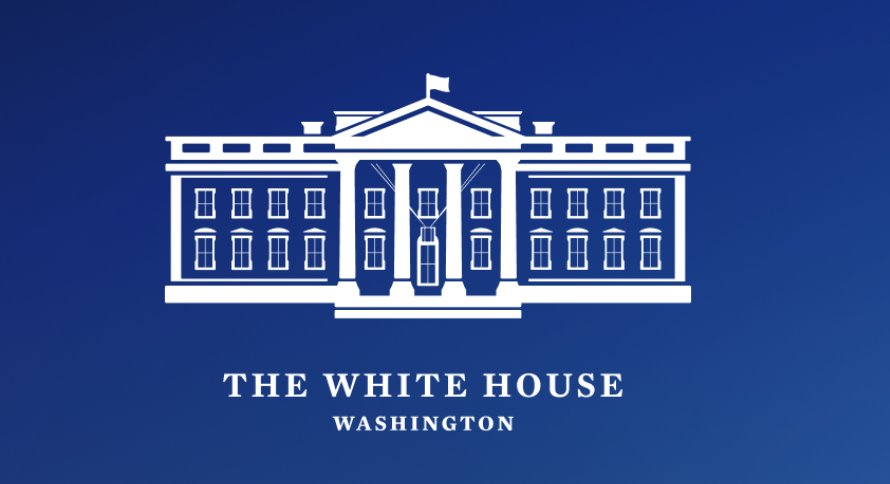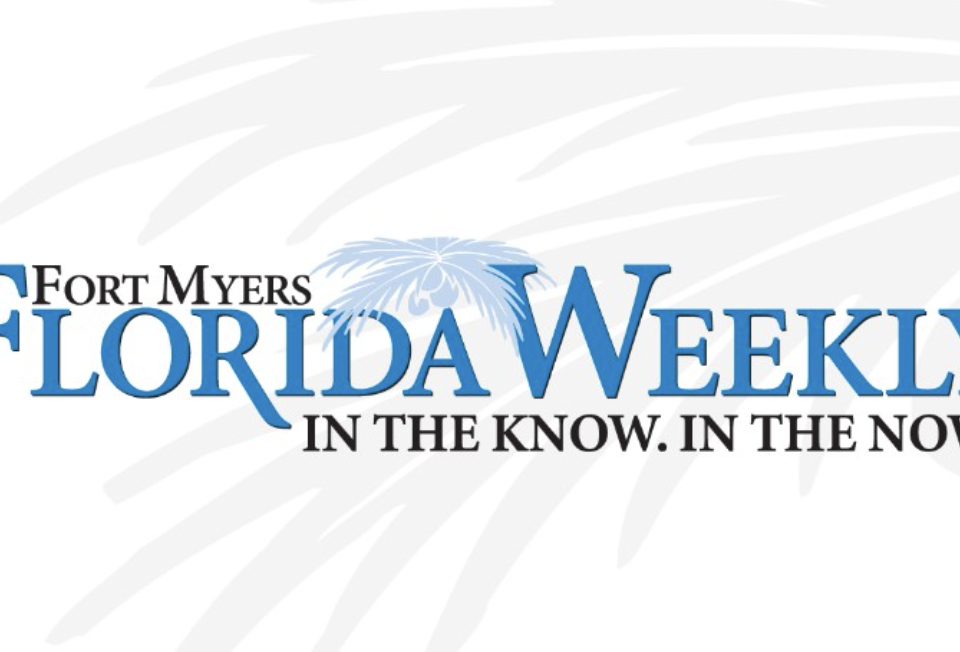- agriculture
- awareness
- collaboration
- combat
- commerce
- data
- defense
- DHS
- DOJ
- domestic
- education
- federal
- government
- health
- HHS
- homeland security
- intervention
- justice
- labor
- leaders
- organizations
- partner
- partnerships
- policies
- prevention
- prosecute
- protect
- secretary of state
- survivor
- task force
- tramua
- transportation
- treasury
- USAID
- USTR
- white house
On February 13, 2024, the President’s Interagency Task Force to Monitor and Combat Trafficking in Persons (PITF), a cabinet-level entity that coordinates the federal government’s anti-trafficking efforts, met at the White House to reaffirm its commitment to combat human trafficking. Secretary of State Antony Blinken, who chairs the PITF, presided over the meeting alongside other senior White House officials and principals from 20 participating federal agencies, including Attorney General Merrick Garland; Secretary of the Interior Deb Haaland; Secretary of Agriculture Tom Vilsack; Acting Secretary of Labor Julie Su; Secretary of Health and Human Services, Xavier Becerra Secretary of Homeland Security Alejandro Mayorkas; Director of National Intelligence Avril Haines, United States Trade Representative Katherine Tai; and Director of the Office of Management and Budget Shalanda Young.
The leaders of the PITF departments and agencies highlighted their efforts to address all forms of human trafficking and to implement the key priorities of the federal government’s National Action Plan. Senior White House officials, including Domestic Policy Advisor Neera Tanden, Gender Policy Council Director Jennifer Klein, and Homeland Security Advisor Dr. Liz Sherwood-Randall also addressed the task force and discussed the Federal Government’s work to prevent human trafficking, prosecute perpetrators, and protect survivors. U.S. Advisory Council on Human Trafficking member Sameer Jain presented on the Council’s 2023 Annual Report, which offers recommendations for how the Federal Government can strengthen its policies and programs to counter human trafficking.
Secretary Blinken also recognized two recipients of the Presidential Award for Extraordinary Efforts to Combat Trafficking in Persons for their extraordinary efforts to prevent human trafficking, prosecute traffickers, and protect and partner with survivors.
Below are some of the interagency priorities planned for 2024, organized by the pillars of the National Action Plan: prevention, protection, prosecution, and partnerships.
Prevention
Awareness is the first step to combat human trafficking, and the departments and agencies of the PITF are committed to educating our government personnel, the public, and vulnerable communities on recognizing and reporting human trafficking at our schools, in our communities and in our supply chains. PITF departments and agencies are tailoring trainings to their authorities and to meet the needs of their personnel and stakeholders, all with the same goal: to raise awareness to stop this abhorrent crime that targets the most vulnerable communities.
The Department of Labor is investing more resources in identifying forced labor and child labor risks in the products that are part of our everyday lives to ensure that we avoid importing those goods into the United States. This effort will include publishing national surveys on forced labor in Nigeria and Mongolia and sectoral surveys on garments in Argentina and Madagascar. The Department will also update its List of Goods Produced by Child Labor or Forced Labor in the fall, based on findings from over a dozen Department of Labor-funded supply chain tracing projects that looked at globally traded goods in mining, agriculture, and manufacturing.
The Department of Health and Human Services (HHS) will publish the National Human Trafficking Prevention Framework with violence prevention strategies and approaches for communities to stop human trafficking before it occurs, reduce its impact, and prevent it from recurring.The Department will spotlight prevention partnerships throughout the year and make $1 million in awards under the HHS Innovation Challenge to Prevent Human Trafficking Among Women and Girls.It will also release new public awareness materials informed by survivors and launch the National Advisory Committee on the Trafficking of Children and Youth in the United States.
The Department of State(State) will launch a training resource that focuses on how to conduct trauma-informed interviews and conversations for personnel at our embassies and consulates who may interview or converse with survivors of human trafficking. This work follows State’s recent release of online training, “Understanding Trauma and Trauma-Informed Approaches,” which is available to the public and provides tips for engaging with potential victims and survivors of trafficking without further traumatizing them. The training was designed in partnership with survivors and other trauma experts.
As part of its Farm Labor Stabilization and Protection Pilot Program, the Department of Agriculture will work to increase standards and worker protections for agricultural workers. Employers engaged in the grant program must ensure ethical, safe recruitment of any workers employed through the seasonal H-2A visa program in addition to ensuring all workers have access to a know-your-rights-and-resources training, among other requirements.
In addition, several PITF departments and agencies will provide tailored trainings this year. The Department of Education will host webinars that cover a range of issues, to include talking with youth about trafficking and child exploitation; implementing anti-trafficking strategies; supporting survivors who have experienced exploitation; and setting up trafficking/exploitation prevention programs in schools. The Department of Defense will overhaul its specialized training for its training staff and develop a new refresher to continue promoting its combating trafficking in persons message to its 3.4 million military and civilian personnel. The Department of Commerce will offer training that identifies and addresses possible violations of
forced labor in supply chains.
Protection
PITF agencies over the next year commit to do more to protect and assist human trafficking victims in rebuilding their lives by offering survivor-centered and trauma-informed services, such as crisis intervention, job training, education, and other services. PITF departments and agencies anticipate that the increased use of victim-centered strategies will make it more likely that victims will safely come forward, report to law enforcement, and participate as witnesses in law enforcement investigations and prosecutions. The PITF departments and agencies will be involved in a wide range of efforts aimed at protecting victims of human trafficking. Some of those efforts include:
The Department of Homeland Security (DHS) will select a Senior Victim-Centered Approach Official to further institutionalize victim identification and support capacity across the Department. DHS will also launch an online application and processing system for U.S. law enforcement nationwide to expedite and expand its ability to request Continued Presence for human trafficking victims. Continued Presence is an immigration designation that permits human trafficking victims who may help in an investigation to remain in the United States with work authorization, which can help victims and survivors more quickly restore self-sufficiency and seek justice.
State will launch a new foreign assistance program, the Partnership to Prevent (P2P) Human Trafficking. This new program, like the Child Protection Compact Partnerships, will fund multi-year commitments developed jointly by the United States and selected partner countries that document shared objectives to advance national and local level efforts to effectively prevent trafficking, prosecute traffickers, and provide trauma-informed care for survivors.
The U.S. Agency for International Development (USAID) will support foreign governments and civil society efforts to combat human trafficking with survivor-centered approaches. As one example, in Thailand, USAID is piloting communication technology to improve connectivity and safety for fishers while at sea and promoting industry adoption of ethical recruitment practices.
HHS will continue to connect thousands of survivors of human trafficking to housing, health, and other critical services through a national network of community-based organizations. HHS will also continue to strengthen partnerships to respond to calls from every state and U.S. territory through the National Human Trafficking Hotline, which received nearly 8,000 calls, chats, and text messages directly from survivors last year
Prosecution
Investigating and prosecuting human traffickers present a distinct set of challenges, but the PITF departments and agencies remain committed to using their unique authorities to hold accountable individuals and entities engaged in human trafficking and to dismantle human trafficking networks. Over the next year, we will employ a broad range of non-criminal enforcement tools, build the capacity of our law enforcement agencies, and strengthen criminal enforcement capabilities through improved coordination among enforcement partners.
The Department of Treasury will hold traffickers accountable by working with interagency partners to develop targeted sanctions to disrupt human trafficking activities. Since December 2022, Treasury has designated 23 persons for conduct related to human trafficking, including for serious human rights abuse aboard People’s Republic of China-flagged distant water fishing vessels, and for systemic and pervasive sex trafficking activity.
The Department of the Interior will continue to work with the United States Attorneys’ Offices and state law enforcement officials to establish standard law enforcement response protocols throughout Indian Country. This year, the Department will also be completing a cloud-based Solution Trust Accountability Tracker (STAT), which catalogues information on missing persons, murder and human trafficking cases relating to Native American and Alaska Native victims. STAT will help inform suspect identification and facilitate the exchange of information with investigators in tribal communities and the Federal Bureau of Investigation.
The Department of Justice (DOJ) will continue bringing high-impact sex trafficking and labor trafficking prosecutions in partnership with federal, state, local, tribal, and territorial law enforcement partners. The DOJ-led Interagency Forced Labor Initiative Steering Group will enhance information-sharing protocols with partners in the education, child protection, social service, and occupational health and safety sectors to more effectively identify children who are especially vulnerable to labor exploitation and forced labor. The Steering Group is intensifying its focus on forced child labor due to the prevalence of complaints and indicators involving child labor exploitation and forced child labor.
In addition, DOJ will launch a Human Trafficking Strategic Initiative of the Organized Crime and Drug Enforcement Task Force that will mobilize additional federal, state, and local law enforcement partners in investigations involving transnational organized and gang-related human trafficking threats.
Partnerships
Finally, the more the PITF departments and agencies share information across the government and with external partners; coordinate efforts domestically and with foreign partners; integrate survivor input; and strengthen our understanding of human trafficking, the more progress we will make to end it. In 2024, the PITF department and agencies will work on several efforts, some of which include:
The Department of Transportation will award a $50,000 Combating Human Trafficking in Transportation Impact Award to incentivize individuals and entities to think creatively in developing innovative solutions to combat human trafficking in the transportation industry, and to share those innovations with the broader community. Submissions for the 2024 Award are open until March 11, 2024, and full details are available in the Federal Register Notice.
State will build on its partnership with the U.S. Advisory Council on Human Trafficking and the Department’s Human Trafficking Expert Consultant Network to incorporate trauma-informed and survivor-informed approaches in its anti-trafficking efforts. The Network, comprising individuals with lived experience of human trafficking and other subject matter experts, created the first of its kind resource for Department staff conducting international site visits and meetings at shelters for victims and survivors.
HHS will announce and implement the Anti-Trafficking Leadership, Innovation, and Sustainability Project, which provides 10 or more awards of $20,000 and technical assistance to survivors of human trafficking to meet local needs to prevent and respond to human trafficking.
The U.S. Trade Representative (USTR) will release its Forced Labor Trade Strategy this year.The Strategy will examine the range of trade tools available to address forced labor, highlight new approaches and prioritize efforts to combat forced labor through trade policy and engagement. USTR solicited input from all relevant stakeholders, to include labor organizations, governments, civil society, survivors, and businesses.
The Departments of the Interior and Justice are committed to implementing recommendations from the Not Invisible Act Commission’s November 2023 report: Not One More: Findings and Recommendations of the Not Invisible Act Commission to the United States’ Congress and federal agencies. Next steps in 2024 include: adding resources needed for tribal law enforcement recruitment and retention, increased data collection, survivor and family services, cross jurisdictional coordination, among other critical issues.
FROM THE WHITE HOUSE





